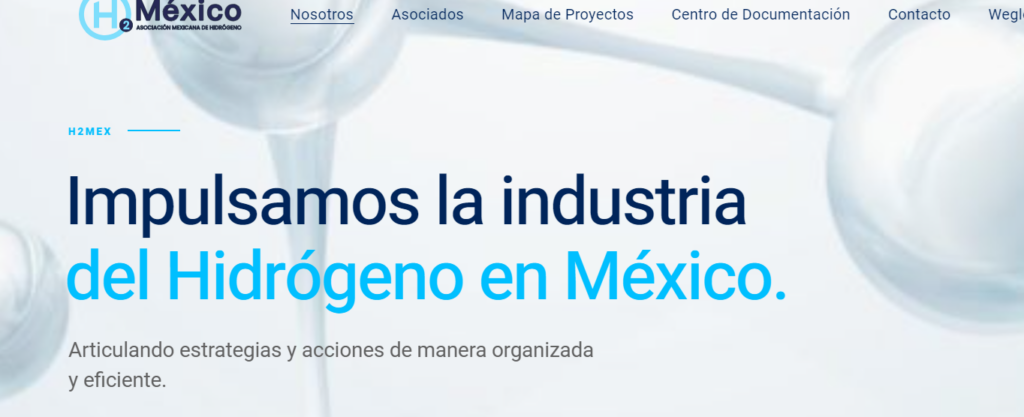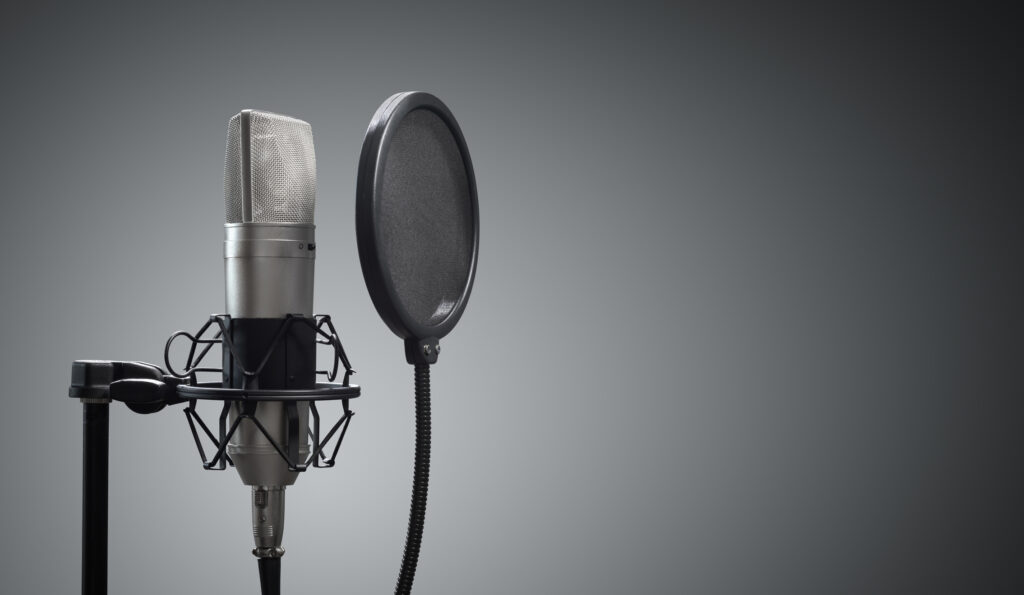Florida governor signs bill regulating unsolicited P3 proposals
Legislation that offers procurement authorities in Florida more flexibility in how they consider an unsolicited proposal for a public-private partnership (P3) agreement has been signed into law by Governor Ron DeSantis.
DeSantis signed the legislation, CS/HB 781, into law on 15 April. The bill takes effect on 1 July.
CS/HB 781 allows a governmental entity to advance an unsolicited proposal for a P3 without engaging in a public bidding process, as currently required.
The government entity may instead enter a P3 agreement by holding a public meeting in which the unsolicited proposal is presented for public comment, and then holding a subsequent public session at which the governmental entity must announce its intention to move forward with a P3, and the basis for its determination.
The bill also mandates that the government entity must publish its determination in the Florida Advanced Register.
The biggest change in the legislation is that procurement authorities now have the option of not going through the public bidding process route if they receive an unsolicited P3 proposal that meets the statute’s public interest factors, said Megan Schroder, Associate Attorney in the Orlando office of Nelson Mullins.
Schroder, in an interview with Infralogic, said the public bidding process required under the previous version of Florida’s P3 statute and triggered by the receipt and decision to proceed with an unsolicited proposal can be “time consuming.”
Procurement authorities may opt to forego the public bidding process on projects that it wants to complete relatively quickly, such as a university housing project to accommodate an influx of new students, Schroder said.
The new law could encourage unsolicited proposals that are comprehensive, to negate the need for a procurement agency to seek competitive proposals. However, an agency would still have the option to procure competing proposals if they feel an unsolicited proposal doesn’t fully satisfy what they are looking for, Schroder said.
While she said she could not predict if changes to the unsolicited proposal process could lead to more P3s, she said the revisions “could get the private sector excited about Florida P3s” and encourage the private sector to develop innovative unsolicited proposals.
The Florida House of Representatives approved the bill, 114-0, while the Senate passed it by a 37-2 vote, both on 4 March.










